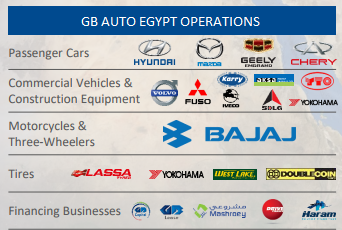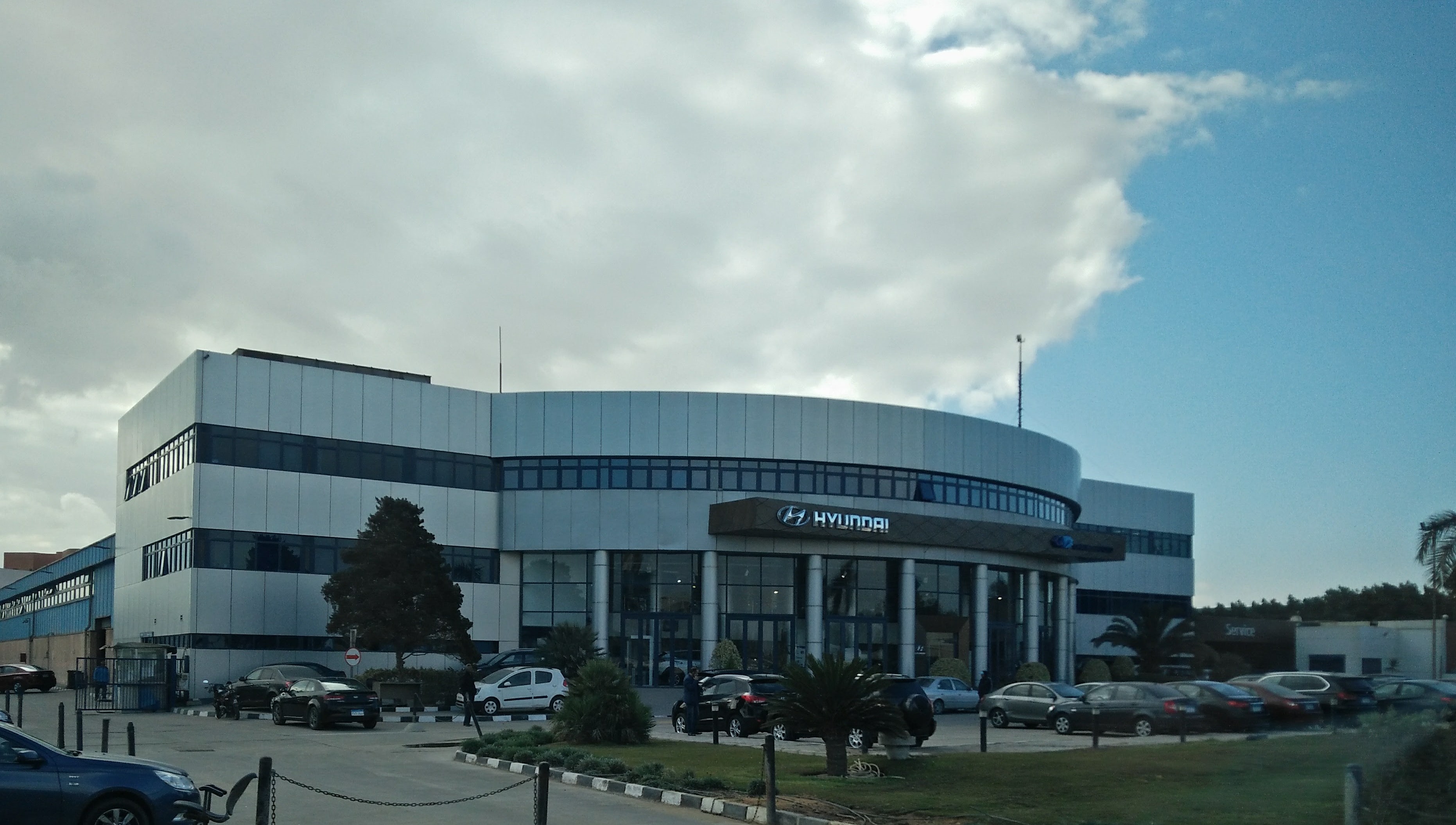THE FUND
The fund rose 5.2% in September, better than the benchmark, MSCI EFM Africa ex South Africa Net Total Return Index, which rose 0.6%. The best market in Africa was Zimbabwe rising 91.3% followed by Botswana (+10.6%). The worst performers in Africa were South Africa (-4,2%) and Namibia (-3.7%). The Swedish Krona weakened by 2.4% adding to the SEK return.
On a country level the fund gained from our overweight in Egypt and Nigeria, while our overweight in Ghana and our underweight in Mauritius dragged the most on our relative performance. On a sector level our overweight in Consumer Discretionary and underweight in Materials contributed the most relative the benchmark, while we lost on Financials (mainly banks in Ghana, see below) and underweight in Telecom.
Half of the total outperformance in September came from one stock, our Egyptian car assembler GB Auto, which rose over 40% during the month. The stock had lagged in the stock market recovery and suffered from the recent rate hikes. Interest in the stock has surged, as we get closer to possible rate cuts and there are more definite discussions on an “Automotive Bill” that would change the taxation on importing car parts for local assemblers ending the disadvantage they have versus the importers of finished cars.
We decreased our positions in Kenya further in September as we anticipate that the annulled election will lead to a prolonged period of uncertainty and a slowdown in investments and GDP growth. We also think the market is overly positive on the removal of the interest rate cap introduced one year ago. While we think it likely to be removed we further anticipate that the process and positive effects will take longer to materialise than the market expects. Kenya is now the second biggest country underweight (after Morocco) in the fund. We have put the money into Egypt and Nigeria (our biggest country overweights).
(all changes in SEK)
THE MARKET
The African markets performed worse (+0.6%) compared to other Frontier Markets (MSCI FMxGCC net +4.9%) and excluding the weakening of the SEK the MSCI EFM Africa ex South Africa Net Total Return Index would have ended in red, even though news flow was mostly positive during the month.
Interest in Nigeria continues to increase and the newly introduced NAFEX window for foreign investors and exports saw record volumes in third week of September with over USD 1.3bn changing hands. The flows have mostly gone to the bond market with interest rates above 16% and a (hopefully) more stable and stronger Naira going forward. The government’s announced intention to issue more Eurobonds can be seen as a signal that the current trend of a gradual strengthening of the Naira will continue. This has also gained support from some economists arguing that the Naira is currently undervalued, but that inflation must decline from current levels (~%) for that to hold true. The stock market closed the month flattish, and average daily turnover actually declined to USD 9m (from USD 13.1m in August).
Egypt is also witnessing a tremendous increase in interest, which is also most visible in the bond market. More signals of the economy turning have helped spur a huge move in long interest rates adjusting from ~20% to ~15%. The IMF also helped by releasing a review of the actions taken after the devaluation in November last year, and effectively gave the government their full support. The third USD 2bn loan (of USD 12bn total granted by IMF) will be released as planned in the fourth quarter. In contrast to Nigeria, the stock market saw an upswing in trading volumes with the daily average increasing more than 70% to USD 62.8m and many of the listed companies rising 10-20%. Even though the market started pricing in a rate cut already in September (which turned out the be wrong), going into 2018 it looks very promising; inflation should come down significantly with the help of base effects from November, giving the central bank reasons to cut rates which should help with economic recovery. We also see a scenario of the EGP strengthening, adding to consumer spending power, at the same time, lower rates will improve the interest burden for companies as well as the government.
The election dominated the news flow out of Kenya as the Supreme Court presented the full verdict on why the August 8th elections were annulled. It was a huge blow to the electoral commission, with the court claiming results announcing Kenyatta as the winner were released prematurely — before all votes had been counted — as well as using unverified vote counts. The date for the re-election has since been postponed to October 26th as the company responsible for the electronic voting machines needed more time to prepare the units to conduct the elections. Raila Odinga, the opposition candidate, has demanded that the responsible persons at the electoral commission must resign before he re-enters the race and accepts the re-election. Most analysts still see Kenyatta as the winner in the re-election.
The banks in Ghana fell heavily in September as the central bank raised the minimum capital levels from GHS 120m to GHS 400m (from USD 27m to USD 90m). Analysts estimate that most banks, in the very fragmented sector, need to raise more than USD 2bn in total to comply with the December 2018 deadline. Our two Ghanaian banks joined the correction even though they both are able comply without any difficulty. Beside capital raisings through new issues we can expect mergers in the sector as well.



